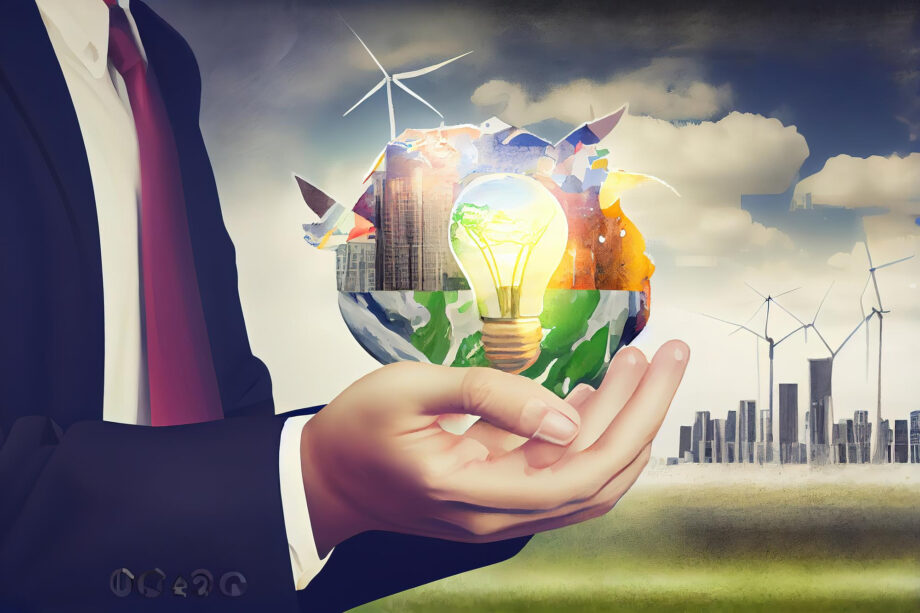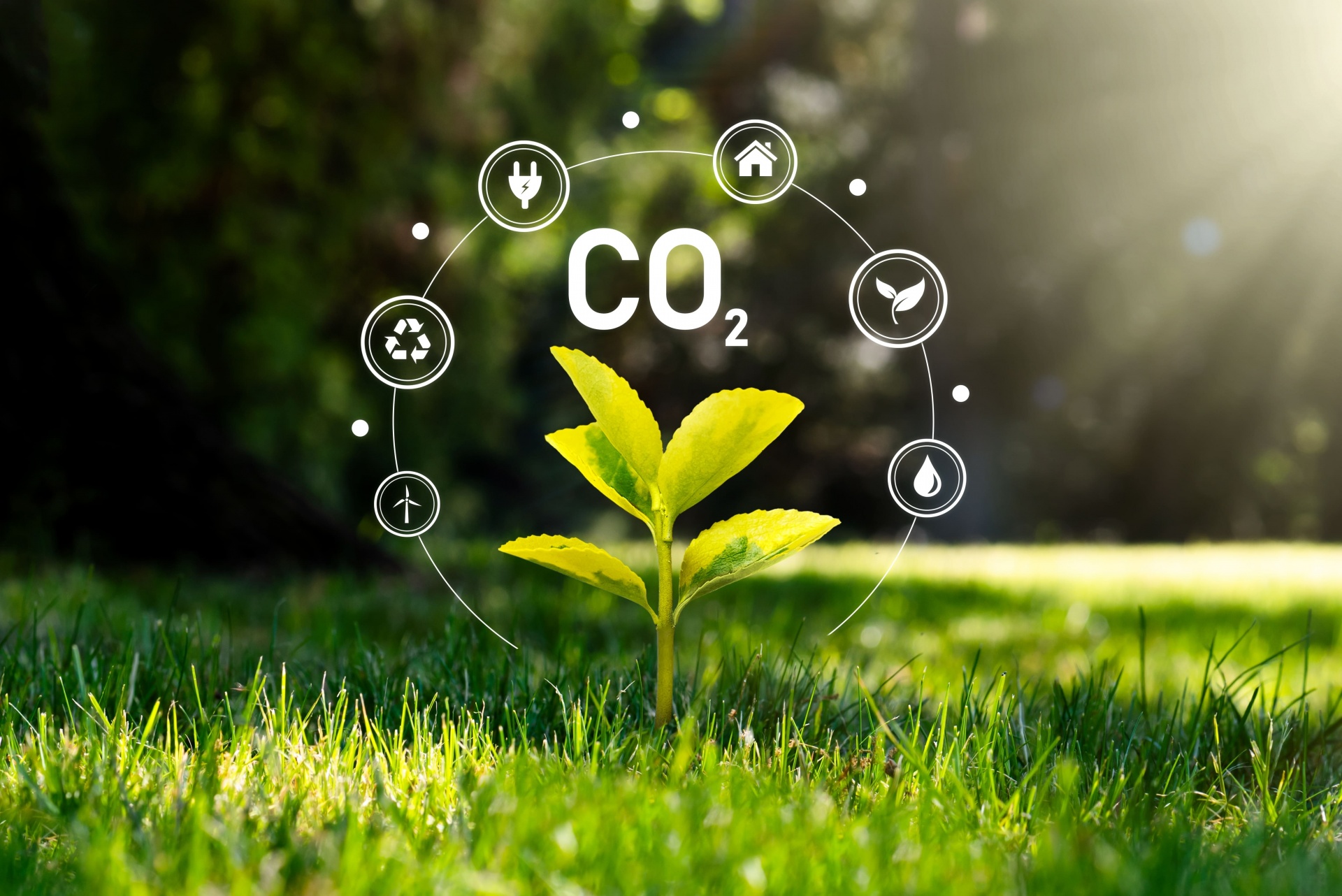Tuesday, 03/03/2026 | 14:52 GMT+7

Energy efficiency is a vital concern in the Middle East, where high energy consumption levels, largely driven by rapid population growth and industrial expansion, are straining existing resources and infrastructure. The region ranks among the largest energy consumers globally, with energy-intensive sectors like oil and gas production constituting a significant part of its GDP.
To meet the rising energy demand and lessen dependence on fossil fuels, Middle Eastern countries are increasingly channeling investments into energy efficiency initiatives. These efforts encompass improving energy consumption patterns in buildings, transportation, and industry, alongside promoting renewable energy sources such as solar and wind power.
A major hurdle for energy efficiency initiatives in the Middle East is the limited awareness and lack of incentives for individuals and businesses to embrace more sustainable practices. Many countries in the region still subsidize energy prices, which leads to wasteful consumption and obstructs efforts to encourage efficiency and conservation.
Nonetheless, there are indications of progress. Nations like the United Arab Emirates and Saudi Arabia have established ambitious goals for reducing energy intensity and boosting the share of renewables in their energy mix. Investments in smart grid technologies, energy-efficient buildings, and sustainable transportation systems are also gaining momentum throughout the region.

Water scarcity is a critical issue in the Middle East, where dry climates and limited water resources create significant challenges for agriculture, urban growth, and overall human well-being. This region is among the most water-stressed globally, with many countries depending heavily on desalination and unsustainable groundwater extraction to fulfill their water requirements. Climate change is worsening water scarcity in the Middle East, resulting in more frequent droughts, diminishing water supplies, and heightened competition for scarce resources. The depletion of aquifers and contamination of water sources also jeopardize the long-term water security of the region.
To tackle these issues, Middle Eastern countries are implementing various strategies to enhance water management and boost efficiency. This includes investing in water recycling, drip irrigation, and other technologies aimed at reducing water waste in agriculture, along with initiatives to encourage water conservation in urban settings. Some nations in the region are also looking into alternative water sources, such as treated wastewater and brackish groundwater, to lessen their dependence on desalination and fossil aquifers. For instance, in Saudi Arabia, the National Water Strategy is being put into action to improve water use efficiency and decrease reliance on unsustainable water sources.

Decarbonisation, which involves reducing carbon emissions from fossil fuels, is a top priority for Middle Eastern countries aiming to combat climate change and move towards a sustainable energy future. Even though they are significant oil and gas producers, many nations in the region are beginning to see the importance of diversifying their economies and lowering their carbon emissions.
The Gulf Cooperation Council (GCC), made up of Bahrain, Kuwait, Oman, Qatar, Saudi Arabia, and the United Arab Emirates, has committed to cutting carbon emissions and boosting the share of renewable energy in their energy portfolios. For example, Saudi Arabia has revealed plans to invest $50 billion in renewable energy initiatives by 2030 as part of its Vision 2030 reform strategy.
However, the shift to a low-carbon economy in the Middle East faces several challenges. The region’s strong dependence on fossil fuels and the power of influential energy lobbies create hurdles for the adoption of renewable energy and the establishment of carbon pricing systems. Despite these obstacles, there are encouraging signs of advancement. The decreasing costs of renewable energy technologies, like solar and wind, are making them more competitive with traditional energy sources.
Additionally, Middle Eastern countries are increasingly acknowledging the economic and environmental advantages of decarbonisation, such as job creation, energy security, and improved air quality. In summary, energy efficiency, water scarcity, and decarbonisation are vital concerns for Middle Eastern nations as they confront the challenges of a rapidly evolving world. By investing in sustainable technologies, encouraging conservation and efficiency, and transitioning to a low-carbon economy, these countries can tackle these issues and build a more resilient and prosperous future for themselves and generations to come.
An innovative concept worth exploring is the co-location of data centers with wastewater treatment plants and hydrogen electrolyzers. This approach involves creating green hydrogen from renewable energy sources to split water (H2O) into hydrogen and oxygen. The hydrogen from the electrolyzer can be used in a fuel cell to power the data center, while the wastewater treatment plant can utilize the pure oxygen produced in the process for aerobic treatment. The waste heat recovery process is graphically illustrated in Figure 1 below.
Heat from the data center’s cooling tower can provide heating and cooling for surrounding communities, thus creating a circular economy. This innovative concept has the potential to be a game-changer for the energy-water nexus of data centers, offering an exciting possibility to simultaneously improve resource efficiency and contribute to a more sustainable future.
According to w.media







